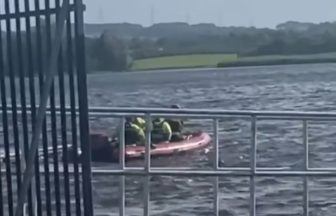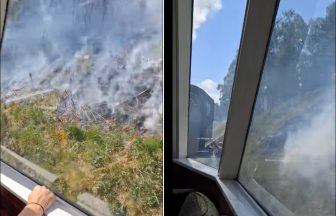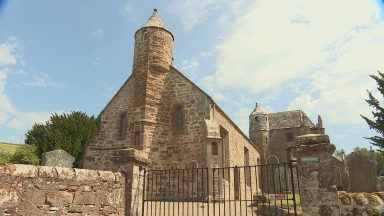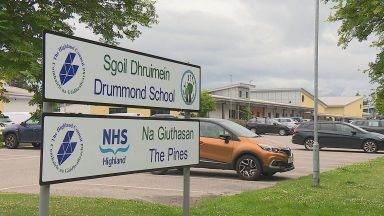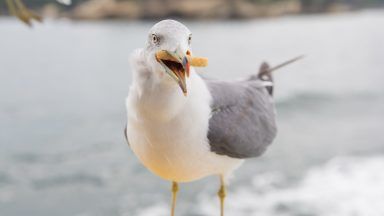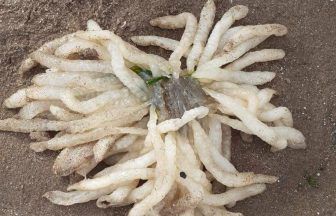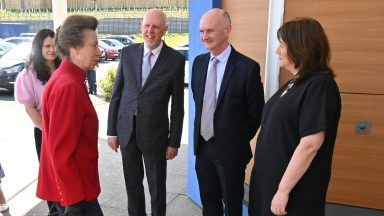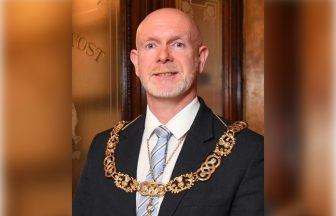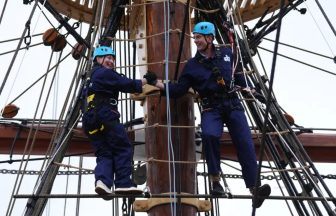A mammal research and conservation charity are campaigning to set up groups in Glasgow to help protect a number of species including the city’s water voles.
The voles, in a first for Britain, were discovered in the city’s grassy open spaces in 2008 and are normally found living near streams, rivers and wetlands.
The Mammal Society said the discovery of the fossorial water voles was a “strange phenomenon” as the animals had adapted to digging underground to create nest chambers, food stores and bolt holes.
The voles have been recorded in derelict areas of land, road verges and public parks in the city and were spotted in gardens in the middle of the sprawling urban environment.
The charity is raising funds to set up urban local mammal groups in Glasgow, Cardiff and London to help gather more information on the species and other wild mammals.
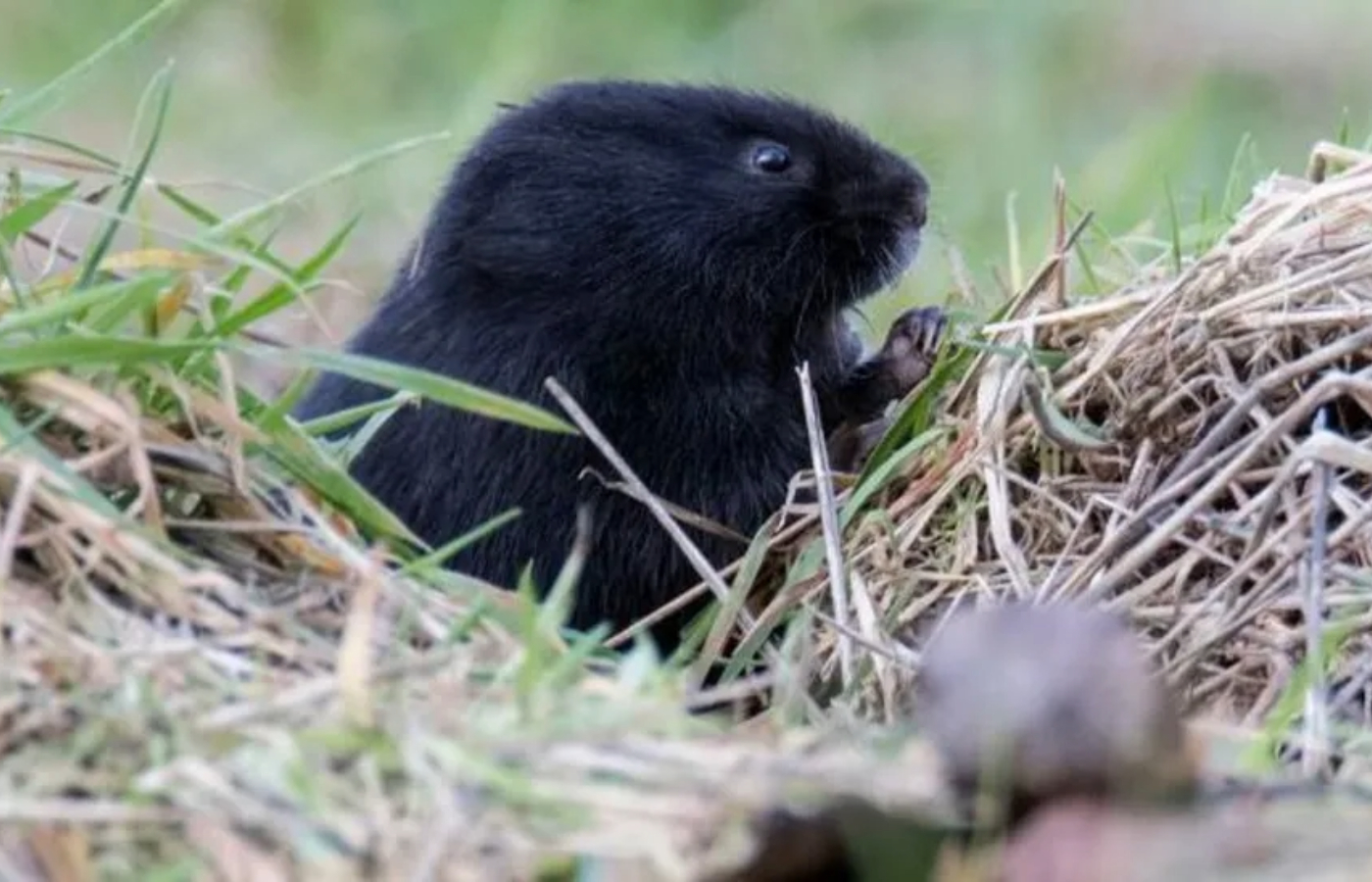 Karen Miller/Mammal Society
Karen Miller/Mammal SocietyA post on the charity’s Facebook read: “Since 2008, water voles with similar behaviours to their grassland European cousins have been recorded in derelict areas of land, road verges, public parks, and even gardens in the middle of the sprawling urban environment of Glasgow – and these new living conditions might just be the thing that saves them.
“This is because water voles are endangered in Great Britain, with one of their main threats being the invasive American mink, which can decimate entire populations of water voles at once.
“But studies have not recorded mink in the same areas as Glasgow’s fossorial water voles at all, instead showing red foxes, brown rats, and domestic dogs and cats to be their main predators.
“With a bit of help, more wildlife like the water voles of Glasgow could find refuge in our urban environments.
“But without on-the-ground groups to help monitor and record these mammals, we can’t understand how best to help them.”
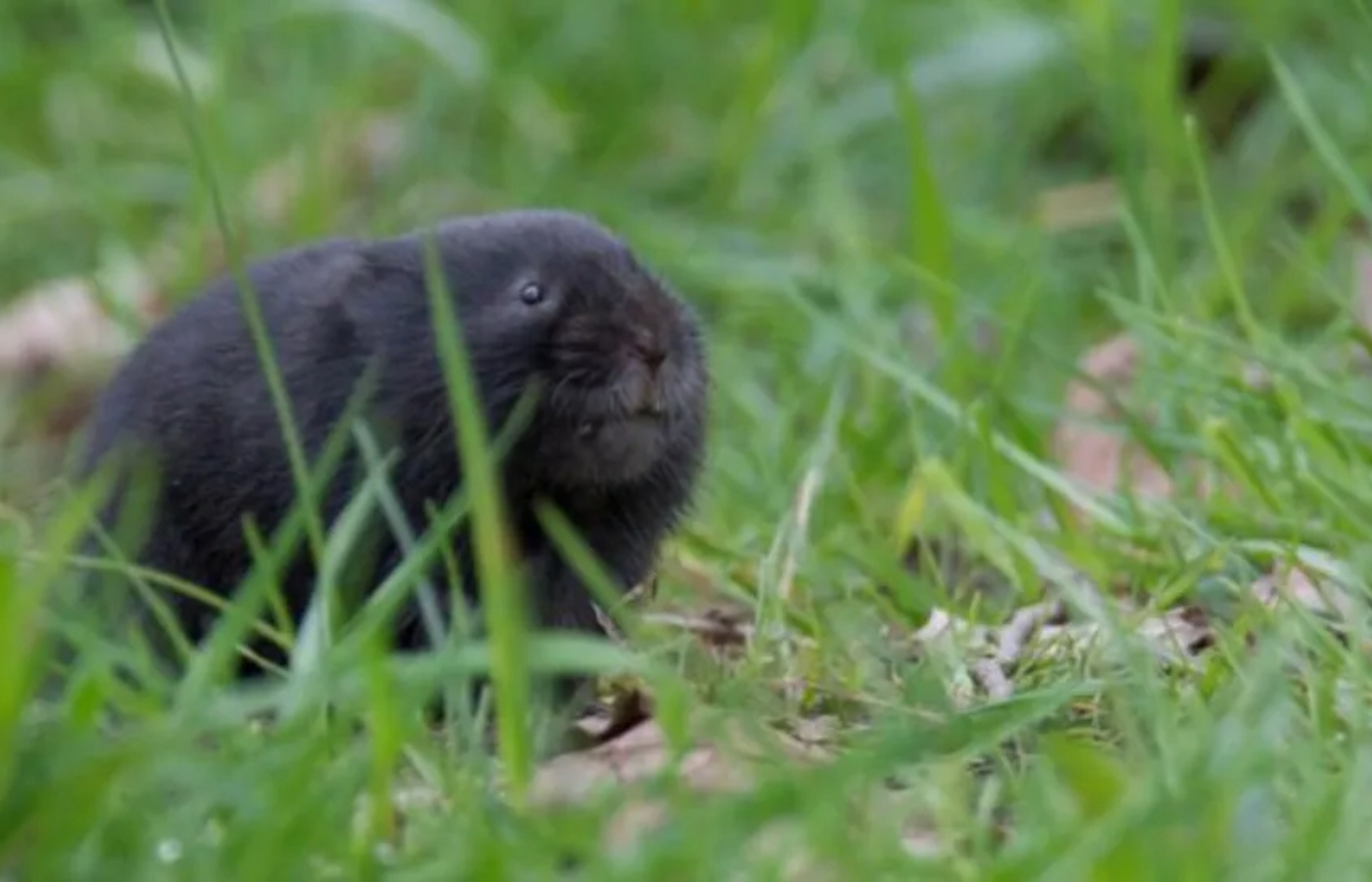 Karen Miller/Mammal Society
Karen Miller/Mammal SocietyA spokesperson for the Mammal Society added: “The Mammal Society is raising funding to form three new local mammal groups in Glasgow, London, and Cardiff.
“These groups will conduct vital volunteer-led research and monitoring on the mammals in our big cities, where the Mammal Society is currently data deficient – meaning we know less about the urban challenges our mammals are facing.
“By taking part in nationwide surveying such as the Mammal Society’s national harvest mouse survey, or monitoring some of our unique urban wildlife, which could include the fossorial water voles in Glasgow, the Mammal Society’s new local groups will be able to paint a better picture of how the mammals in our cities are faring, as well as help improve opportunities for people in cities to reconnect with the nature and mammals around them.”
Information on the campaign to establish the urban groups can be found here.
Follow STV News on WhatsApp
Scan the QR code on your mobile device for all the latest news from around the country


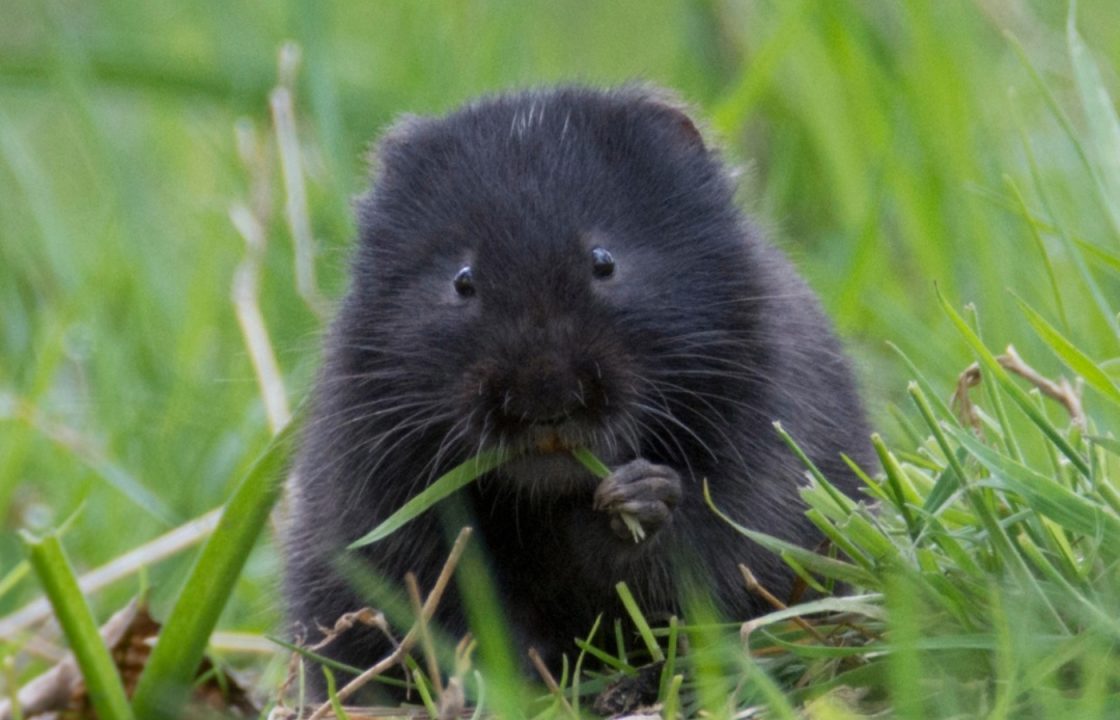 Karen Miller/Mammal Society
Karen Miller/Mammal Society